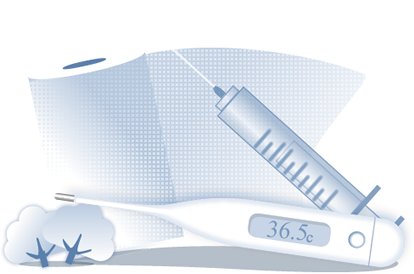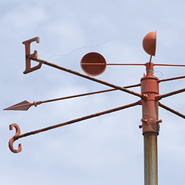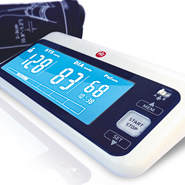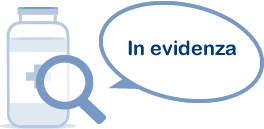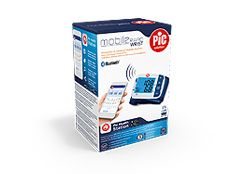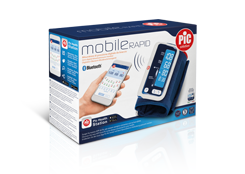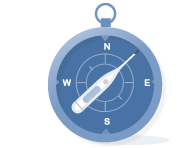
24/7 blood pressure monitoring
When your doctor prescribes 24-hour ambulatory blood pressure or Holter monitoring, you'll spend a day wearing a recorder the size of a cigarette packet attached to a cuff and worn on your left or right arm. This system monitors your blood pressure day and night for 24 hours.
24-hour blood pressure monitoring is an essential way to evaluate your health because it allows day-and-night measurement of your blood pressure and heart rate.
A Holter monitor watches your blood pressure for 24 hours
Firstly, you need to know that a Holter monitor is a painless and non-invasive way of keeping an eye on your blood pressure. It simply involves attaching a cuff connected to a recorder programmed to monitor your pressure for 24 hours. The cuff inflates every 15 minutes during the day and every 30 minutes at night. The blood pressure values are analyzed using dedicated software by a cardiologist, who will give you a full evaluation of your blood pressure profile and a correct diagnosis.
The importance of a diary for precise diagnosis
You should know that when you begin 24-hour blood pressure monitoring, you won't be subject to any particular pharmacological or physical restrictions: the only thing you'll be asked to do is go about your normal daily activities. But don't forget to note in your diary specific information such as what times you wake up, go to bed, take any anti-hypertension drugs and obviously experience any medical problems. This will enable your doctor to interpret the monitored data correctly: your completed diary will allow them to evaluate the correlation between your blood pressure and particular events, situations and symptoms.
With a Holter monitor, the normal blood pressure values are lower than the clinically measured ones
Bear in mind that ambulatory monitoring of your blood pressure using a Holter monitor will give lower figures than those measured clinically by your doctor, and those you record yourself at home.
The Holter monitor shows when you're affected by white coats
A Holter monitor is particularly useful if seeing someone in a white coat makes you nervous. Don't worry: it's a very common phenomenon. Some people's blood pressure goes through the roof when they see a doctor. But 24-hour monitoring means there's no longer a doctor present when the readings are taken: on the contrary, by comparing the data, they can establish whether their physical presence has affected your previous blood pressure measurements.
Holter monitoring of drug action
Are you receiving pharmacological treatment for hypertension? If so, you may be prescribed 24-hour ambulatory blood pressure monitoring to see whether the drug is acting continuously throughout the day, or only for a few hours. High blood pressure damages your arteries even if it lasts only for a short time each day.
Holter monitoring: when is it accurate?
Important information: the devices are regarded as accurate if they have been clinically validated using protocols recommended by international hypertension organizations. Bear in mind that the majority of monitors on the market use oscillometry to measure blood pressure, and therefore require clinical validation using these protocols, particularly those laid down by the European Society of Hypertension.
Definition of hypertension with clinical and non-clinical blood pressure
| Category Systolic BP (mmHg) Diastolic BP (mmHg) Clinical BP ≥ 140 and/or ≥ 90 Ambulatory BP Diurnal (or waking) ≥ 135 and/or ≥ 85 Nocturnal (or sleeping) ≥ 120 and/or ≥ 70 24 hours ≥ 130 and/or ≥ 80 Domiciliary BP ≥ 135 and/or ≥ 85 |

